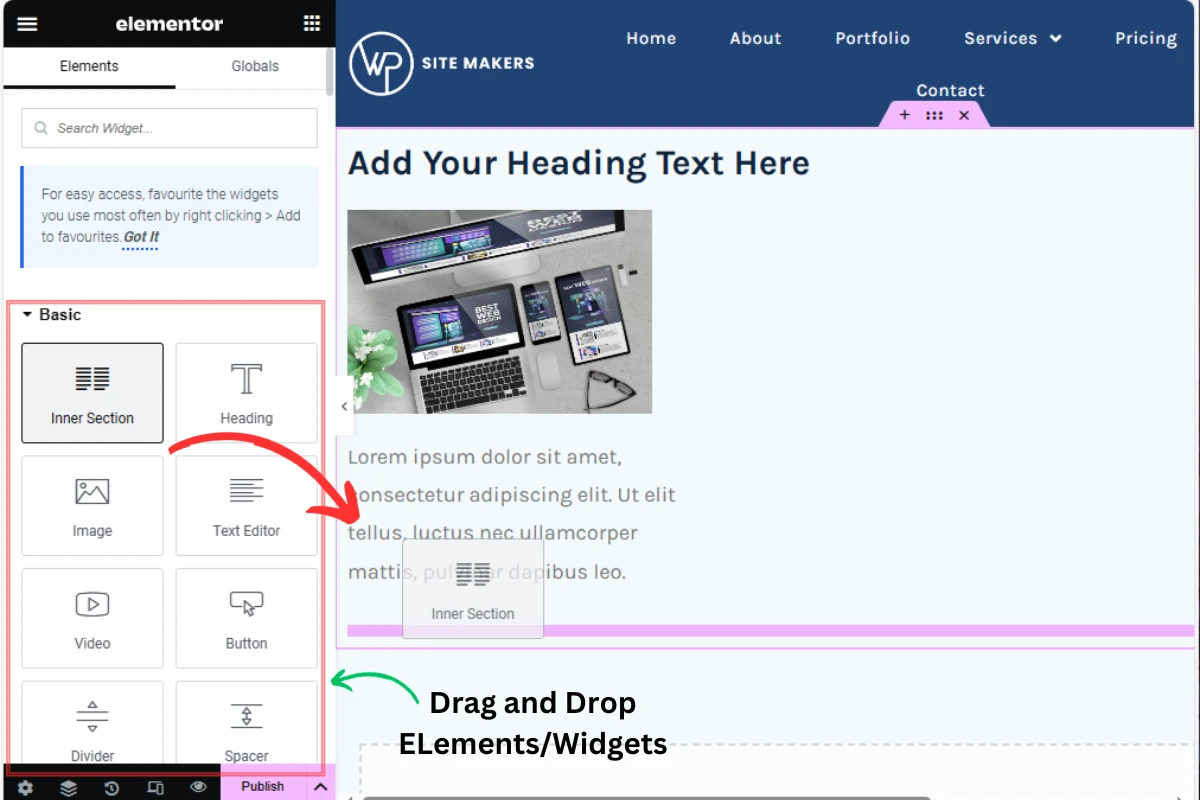Choosing the right platform for a website can be a daunting decision. On one hand, there’s WordPress – known for its user-friendliness and vast library of themes and plugins. On the other, there’s the allure of a custom-coded website, built precisely to one’s specifications. Both have their merits, but when it comes to costs, which one really comes out on top? This post aims to delve into the financial implications of each choice, helping you make an informed decision for your next web project.
Understanding the Basics: What are WordPress and Custom-Coded Sites?
WordPress is a content management system (CMS) that allows users to create and manage a website without needing to understand complex code. It’s a platform with built-in templates, and the added ability to customize through plugins and themes. For many, its appeal lies in its simplicity and the vast community support it receives.

On the flip side, custom-coded websites are built from scratch. They don’t rely on predefined templates or structures. Instead, developers write every line of code, tailoring the site exactly to the client’s or project’s requirements. Such sites offer unparalleled flexibility but require a deeper technical understanding and expertise to create and maintain.

Both options cater to different needs, and the choice often boils down to the specific requirements of a project, as well as budget considerations.
Initial Setup Costs
WordPress:
Domain registration: $10 – $50/year
Hosting services: $3 – $250/month (Shared hosting is on the lower end, while dedicated or managed hosting is on the higher end)
Premium themes: $30 – $200 (one-time fee)
Premium plugins: $20 – $200/year, depending on the plugin
Custom-Coded Sites:
Developer or team costs: $50 – $200/hour (Can go up to $500/hour for highly specialized agencies or regions with higher living costs)
Custom tools or software: Highly variable, can be $100 to several thousand dollars, depending on the requirement
Domain and hosting: Similar to WordPress
Ongoing Maintenance Costs
WordPress:
Premium plugin renewal: $20 – $200/year
Domain and hosting renewal: Similar to initial costs
Custom-Coded Sites:
Developer maintenance fees: $1000 – $5000/year (or more, based on the complexity and the agreement with the developer)
Hosting and domain renewal: Similar to initial costs
Customization and Scalability Costs
WordPress:
Advanced customizations or addition of complex features: $500 – $5000 (depending on the feature’s complexity)
Custom-Coded Sites:
Major changes or new feature additions: $1000 and can go up to $50,000 or even more, depending on the website’s complexity and the changes required.
Remember, these are generalized figures, and actual costs can differ. Always get quotes from professionals or agencies to get a precise estimate for your specific needs.
Navigating Costs Beyond Setup: Security, Flexibility, and Unexpected Expenses
Understanding the direct costs of setting up a website is essential, but there are other factors that can influence your budget over time. Let’s delve into some of these critical aspects:
Security and Updates:
WordPress: Regular updates are provided for the core software, themes, and plugins. While most updates are free, they might occasionally break certain functionalities, leading to potential repair costs. Security plugins and services can range from free to $200/year or more.
Custom-Coded Sites: Depending on how your site is built, you may need periodic security audits which can range from $500 to $5000. Patches and updates, especially for complex systems, can be a recurring cost, and the lack of regular updates can make the site vulnerable.
Flexibility vs. Cost:
WordPress: With thousands of plugins and themes, WordPress offers significant flexibility. However, high customization or integrating conflicting plugins can increase costs.
Custom-Coded Sites: Provides unmatched flexibility since it’s built from scratch. But, the more complex and unique your requirements, the higher the development costs.
Potential Hidden Costs:
WordPress: Over-relying on numerous plugins might slow down your site, leading to potential costs related to performance optimization. Migrating or changing functionalities can sometimes be more expensive than anticipated.
Custom-Coded Sites: The need for specialized hosting, unexpected compatibility issues when integrating new features, or costs related to optimizing for newer devices and browsers can surprise you.
In conclusion, while both platforms have their set of recurring and hidden costs, it’s essential to consider long-term implications, not just the initial budget, when making your choice.
Long-Term Investment: Which is More Sustainable?
When considering the longevity of your website, it’s not just about immediate costs but also about sustainability. Let’s take a closer look:
WordPress: As an open-source platform, WordPress is continually evolving. With regular updates and an extensive community behind it, it’s a choice that can stand the test of time. While there might be some costs associated with updates, compatibility, and possibly revamping the site after many years, it offers a relatively stable cost structure.
Custom-Coded Sites: Custom sites provide unparalleled uniqueness, optimized for your specific needs. However, as technology progresses, there may be more significant costs associated with updating your custom code to keep up with current standards. Over many years, you might also encounter higher costs if the initial code isn’t documented well, and a new developer needs to take over.
Conclusion
Both WordPress and custom-coded websites have their merits and cost structures. For those who need a site quickly and with a predictable cost range, WordPress might be the way to go. On the other hand, if you have specific needs, a larger initial budget, and are prepared for potential future costs, a custom-coded site could be your best bet. Always remember to weigh both immediate and long-term costs when making your decision, ensuring the chosen platform aligns with your goals and budget.

